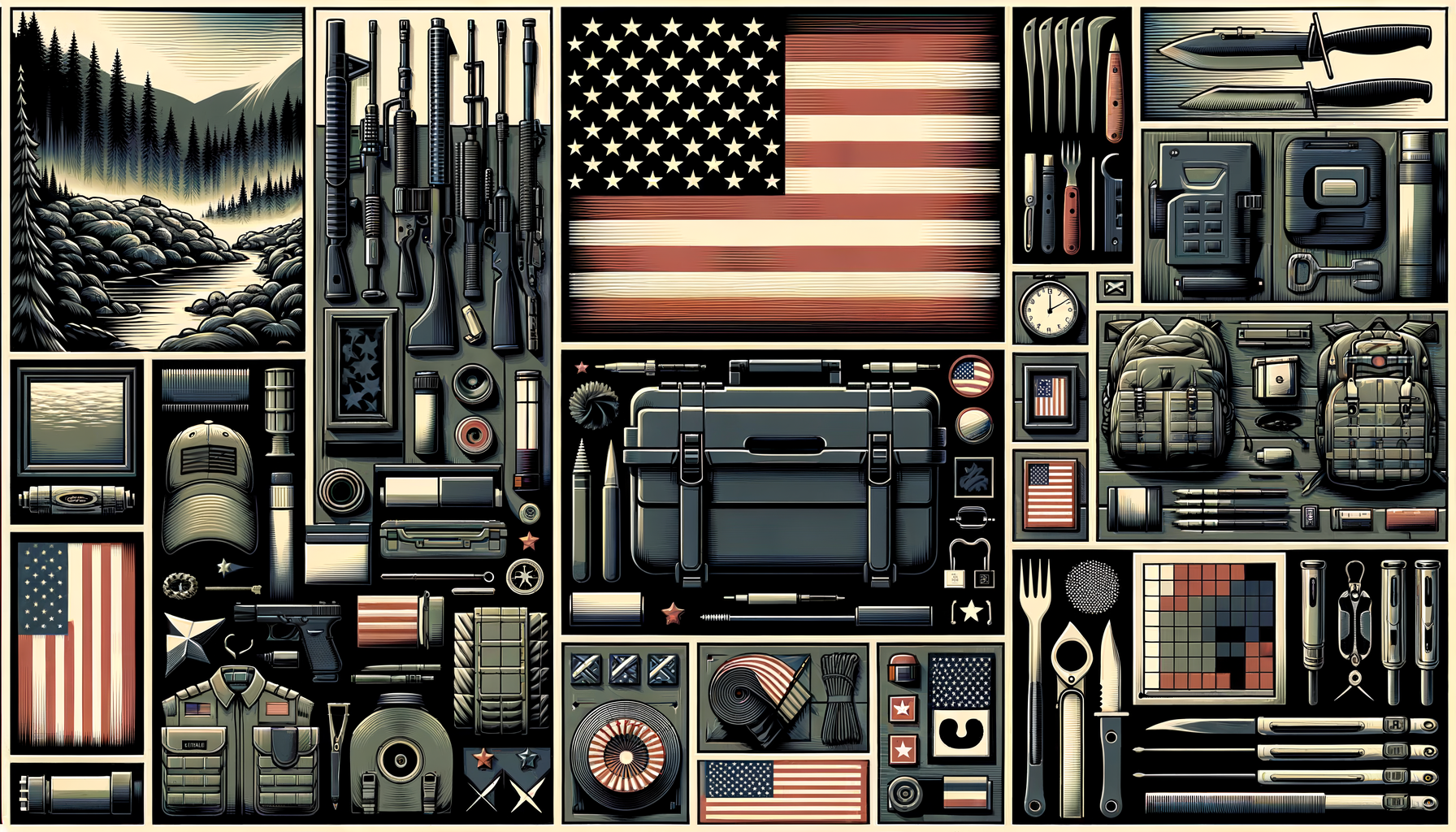Caliber Showdown: 9mm vs. .45 ACP – Debating the Pros and Cons

Choosing the right caliber for your firearm can often feel like one of the most important decisions a shooter makes. Among the most debated calibers are the 9mm and the .45 ACP. Both are long-standing favorites, each with distinct advantages and drawbacks. In this article, we’ll break down the pros and cons of each, helping you determine which might be right for your needs.
9mm: Lightweight, Adaptable, and Efficient
The 9mm cartridge is one of the most widely used calibers in the world. It has found its place in law enforcement, military service, and civilian applications. This caliber’s versatility rarely goes unnoticed.
Key Advantages of the 9mm
- Magazine Capacity: Firearms chambered in 9mm typically hold more rounds compared to their .45 ACP counterparts. More rounds mean fewer reloads and a higher chance of neutralizing threats.
- Recoil Control: The 9mm has relatively mild recoil, making it ideal for beginners and shooters looking for faster follow-up shots.
- Affordability: Ammunition costs for the 9mm are generally more budget-friendly than .45 ACP, making it a popular choice for practice and training.
- Compact Design: Many 9mm firearms are compact and lightweight, making them suitable for concealed carry.
Potential Drawbacks of the 9mm
- Stopping Power: Critics of the 9mm often point out that it lacks the more substantial stopping power of larger calibers.
- Barrel Overpenetration: In some high-velocity situations, the 9mm may overpenetrate a target, potentially leading to unintended consequences.
Overall, the 9mm shines in terms of practicality and versatility. With advancements in ballistic technology, modern 9mm loads are far more effective than their earlier counterparts.
.45 ACP: Heavyweight Performance
The .45 ACP has built a reputation for its sheer stopping power. Introduced by John Browning in the early 1900s, it has been a staple of American firearm culture ever since.
Key Advantages of the .45 ACP
- Stopping Power: The .45 ACP delivers significant impact, often requiring fewer shots to neutralize a threat.
- Proven History: Trusted for over a century in military and civilian use, this round has a track record of reliability under various conditions.
- Low-Velocity Performance: The .45 ACP is effective at subsonic velocities, making it a popular choice for suppressed firearms.
Potential Drawbacks of the .45 ACP
- Recoil: The .45 ACP produces more recoil than the 9mm, making rapid target reacquisition more challenging for some shooters.
- Magazine Capacity: Due to its larger size, .45 ACP firearms generally hold fewer rounds.
- Cost: Ammunition for the .45 ACP is often more expensive, which can add up over time.
- Weight: Firearms chambered in .45 ACP are typically heavier, which may not suit those seeking concealed carry options.
The .45 ACP is a solid choice for those prioritizing stopping power and proven dependability. However, it’s essential to account for its limitations before fully committing.
Comparing the Two: Practical Scenarios
Here are a few examples to help illustrate scenarios where one caliber may excel over the other:
- Personal Defense: For those new to shooting, the 9mm’s lower recoil and higher capacity can be especially useful during high-stress situations. The .45 ACP, however, offers the reassurance of enhanced stopping power if target neutralization is critical.
- Concealed Carry: The compact size and lighter weight of many 9mm handguns make them ideal for carrying. In contrast, .45 ACP handguns could be a challenge to conceal effectively, given their typically larger frames.
- Home Defense: While a .45 ACP might offer superior stopping power, its increased recoil could hinder performance during successive shots in confined spaces. The 9mm, with its smoother handling, might be preferable for home defense scenarios.
Ultimately, your choice may depend on what feels most comfortable and meets your specific needs.
Training and Practice: A Universal Priority
No matter which caliber you select, consistent training is critical. Both 9mm and .45 ACP users must familiarize themselves with their firearm, ensuring safe and confident handling. Proper training also helps mitigate the differences in recoil, accuracy, and shot placement between the two calibers.
Consider visiting a range that allows you to test out both calibers. Many ranges rent firearms, giving you the opportunity to experience firsthand how each caliber feels in operation.
Conclusion: Which Caliber Is Right for You?
The debate between the 9mm and .45 ACP often comes down to personal preference. If you prioritize capacity, affordability, and ease of use, the 9mm may be the better fit. If raw stopping power and historical reliability align with your goals, then the .45 ACP stands out as a strong contender.
Both calibers have proven their worth over decades. With advancements in ammunition technology, the choice has become less about which is objectively better and more about what works best for you. At 2AGun.com, we encourage you to weigh your options carefully, test out both if possible, and always practice firearm safety.
Let us know your preference in the comments below, and check out our other articles for more insights into firearm choices and safety tips. Remember, an informed shooter is a confident shooter.



